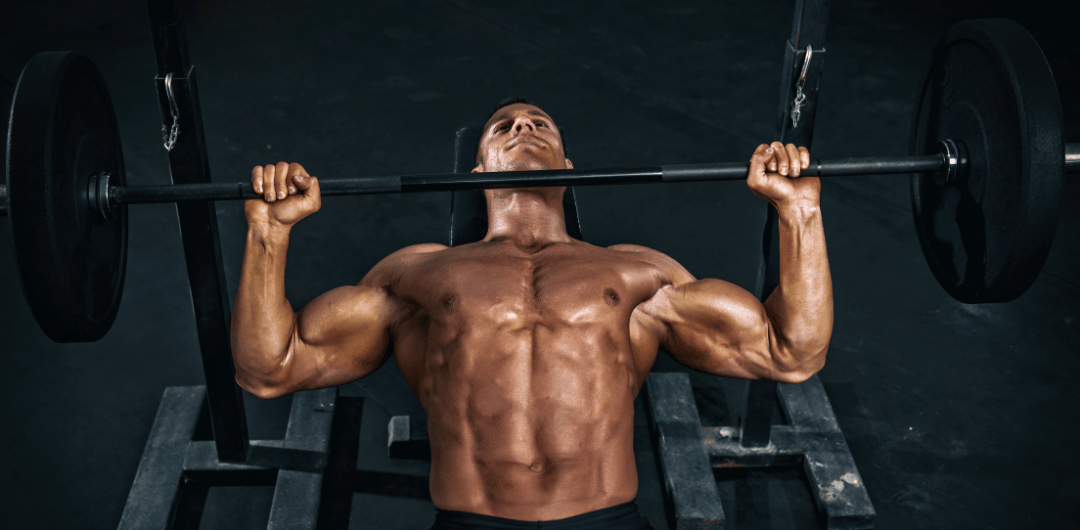
Does Benchpress Work Biceps & Other Surprising Facts
Weightlifting is becoming more popular than ever, and with good reason - bench pressing has become a staple exercise in many workout routines.
Bench pressing is a compound exercise that involves multiple muscle groups and is an excellent way to increase upper body strength.
But, does bench pressing work biceps?
In this article, we’ll explore the benefits of bench pressing, the muscles it targets, and some frequently asked questions.
What Muscles Can The Bench Press Work On?
The bench press is a multi-joint exercise that primarily targets the chest muscles, but it also activates other upper body muscles, such as the triceps, shoulders, and even the biceps. The muscles used in a bench press depend on the variation of the exercise and the grip you use.
Does Bench Press Work Biceps?
While the bench press is primarily a chest exercise, it can also engage your biceps brachii to a certain extent. When performing a bench press, your biceps work as stabilizers to help you control the weight and maintain proper form.
To work your biceps, you’ll need to perform exercises like bicep curls, chin ups, or preacher curls. If you’re looking to strengthen and tone your biceps, using weight lifting straps can help you lift heavier weights and increase your biceps’ resistance.
Does Bench Press Work Shoulders?
Yes, bench pressing also engages your shoulder muscles, particularly the anterior deltoids. The anterior deltoids are the front part of your shoulders, and they work with your chest muscle group to move the weight during a bench press.
Does Bench Press Work Triceps?
Yes, bench pressing is an excellent exercise for targeting your triceps muscles. The triceps muscles are located at the back of your arms, and they work alongside the chest muscles to push the weight during a bench press. When you lower the weight to your chest, your triceps contract, and they extend your elbows to help you push the weight back up.
Advantages of Bench Pressing
Bench pressing is an excellent exercise that offers numerous benefits to your muscles and overall fitness. Here are some advantages of bench pressing:
-
Improved upper body strength: Bench pressing engages multiple upper body muscles, which can help you increase your overall strength and performance in other activities.
-
Increased muscle growth: Regular bench pressing can promote muscle growth in your chest, shoulders, and triceps.
-
Improved posture: Strong chest and back muscles developed from bench pressing can help improve your posture and reduce the risk of injuries.
-
Increased bone density: Weight-bearing exercises like bench pressing can help increase your bone density, reducing the risk of osteoporosis.
Types of Bench Presses
Bench press variations can be performed to target different muscles in your upper body. Here are some of the most common bench presses:
Incline Bench Press
Incline bench press targets your upper chest muscles and can help you develop a more defined upper chest. To perform an incline bench press correctly, adjust the flat bench to a 45-degree angle, place your gym towel, and lift the weight with a grip that’s slightly wider than shoulder-width.
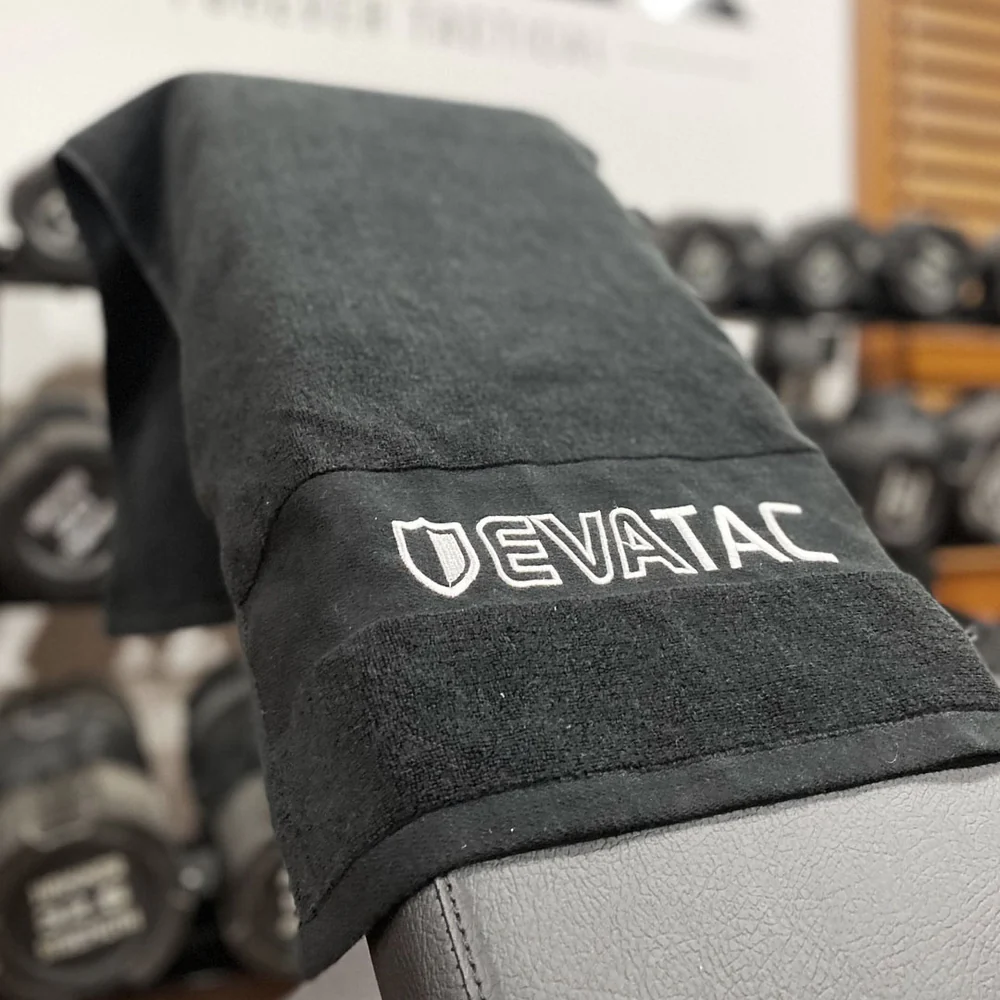
Close Grip Bench Press
Close grip bench press is an excellent exercise for targeting your triceps muscles. To perform this exercise, take a grip that’s narrower than shoulder-width, and keep your elbows close to your body as you lower the weight to your chest. Don't forget to use wrist wraps to prevent injuries and soreness from your workout.

Decline chest press
Decline chest press targets your lower chest muscles and is an excellent exercise for building a stronger chest. To perform a decline chest press, adjust the bench to a decline position, and lift the weight with a grip that’s slightly wider than shoulder-width.
Narrow grip bench press
Narrow grip bench press targets your triceps more than your chest muscles. To perform this exercise, take a grip that’s narrower than shoulder-width, and keep your elbows close to your body as you lower the weight to your chest.
Barbell Bench Press
This is the most popular type of bench press and is an excellent exercise for building overall upper-body strength. To perform this exercise, lie on a bench with a barbell, and lift the weight with a grip that’s slightly wider than shoulder-width.
FAQ
Now let's move on to the most asked questions about bench pressing.
Is Bench Press For Biceps Or Chest?
Bench press primarily targets your chest muscles, but it also engages your triceps, shoulders, and biceps to a certain extent. While bench pressing can strengthen your biceps, it’s not an effective exercise for building huge biceps.
How Many Days Per Week Should I Do Bench Presses?
The frequency of bench pressing depends on your fitness goals and training program. However, it’s generally recommended to perform bench presses 1-2 times per week, with adequate rest between workouts to allow your muscles to recover. Don't forget to take your protein in your protein shaker after every workout.
Is Bench Pressing Bad for Your Shoulders?
Bench pressing is generally safe when performed with proper form and technique. However, improper techniques, such as flaring your elbows or lowering the weight too fast, can increase the risk of shoulder injuries. To prevent injuries, it’s essential to use proper form, warm up adequately, and start with lighter weights before progressing to heavier weights.
Final Thoughts
Bench pressing is an excellent exercise for building overall upper body strength, and it engages multiple muscle groups, including the chest, triceps, shoulders, and biceps. Forget about bench pressing if you're looking for toned, impressive biceps - it's not a great exercise to add size.
To build bigger biceps, you’ll need to perform exercises that specifically target the biceps. By incorporating bench pressing into your workout routine and using weight lifting straps, you can improve your upper body strength and overall fitness.




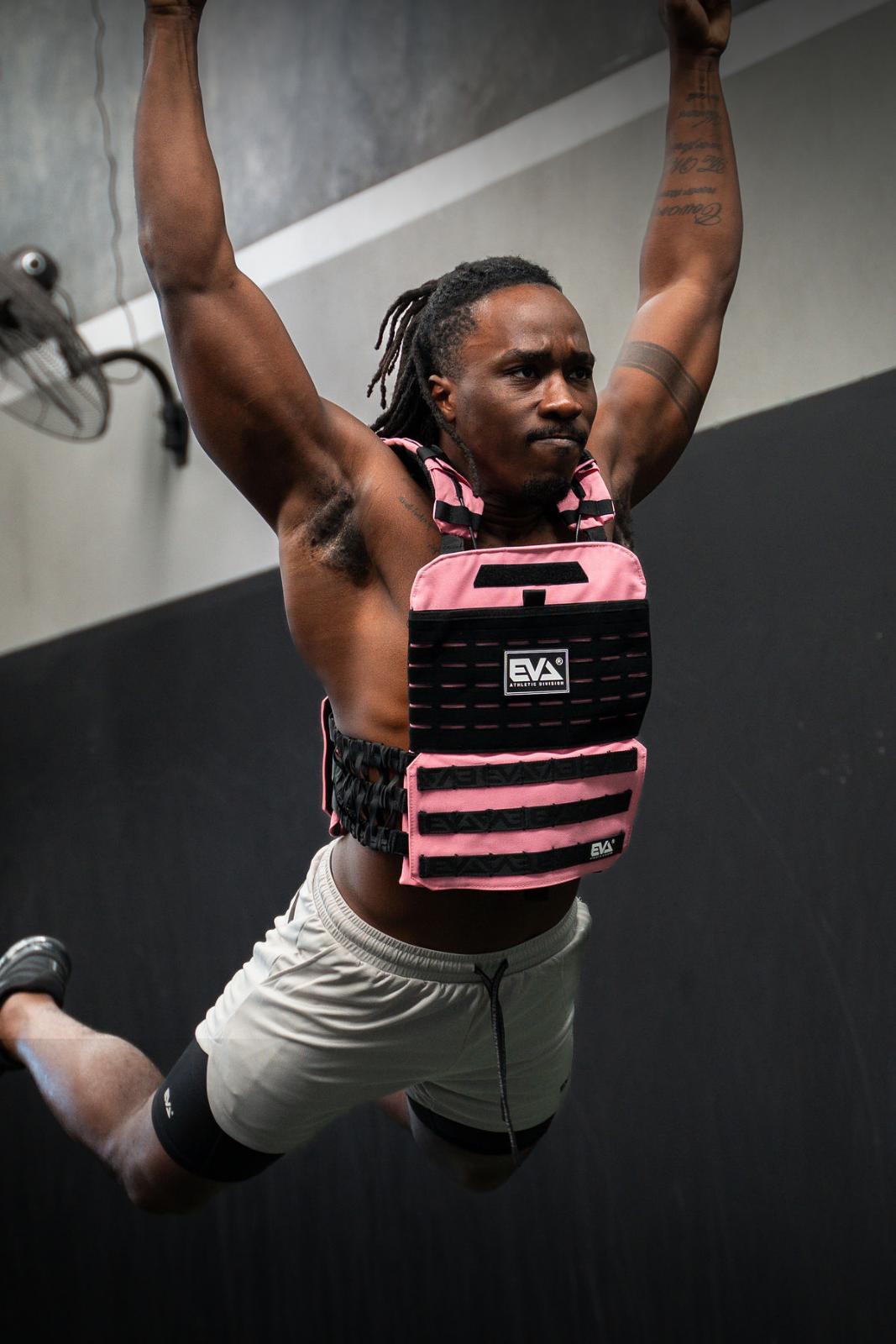
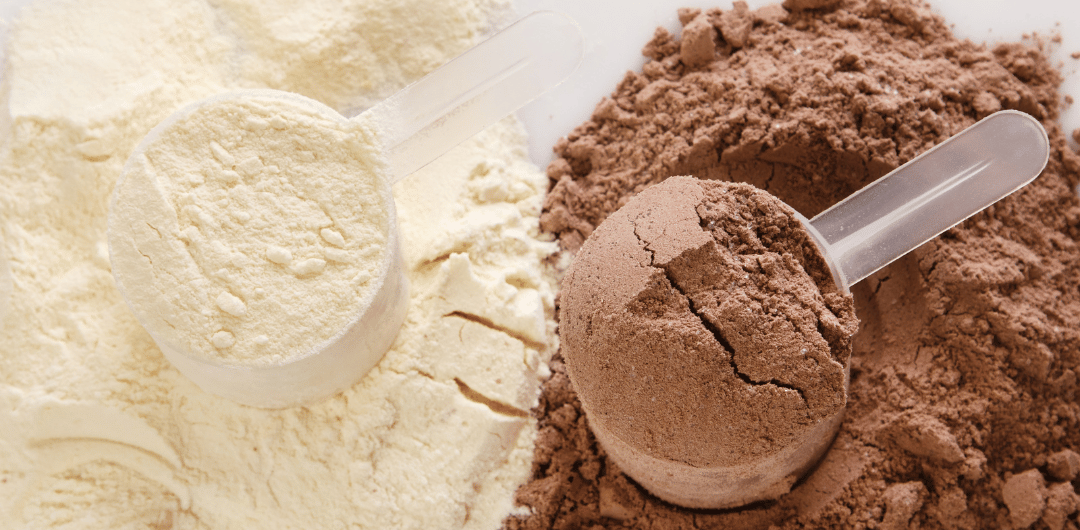
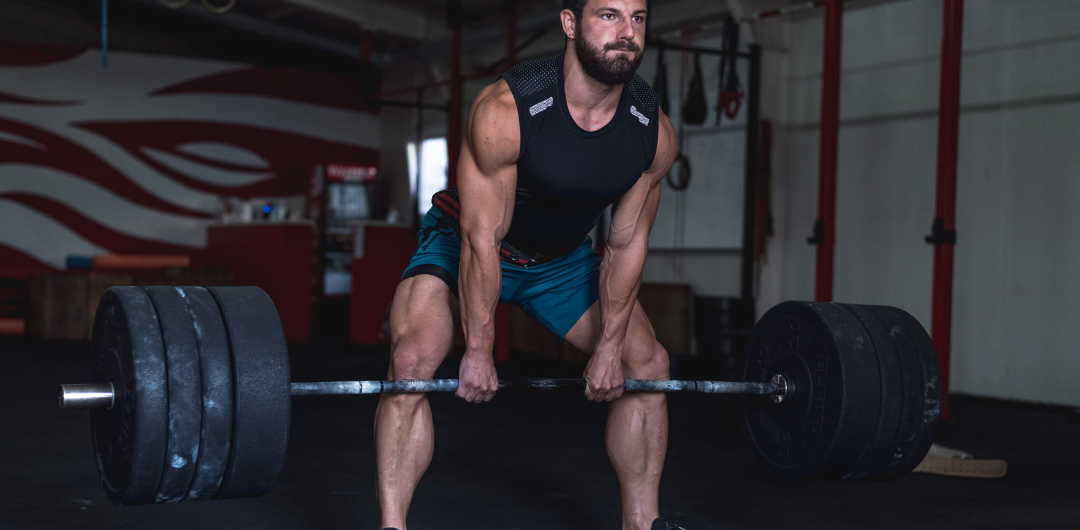
Leave a comment
This site is protected by hCaptcha and the hCaptcha Privacy Policy and Terms of Service apply.